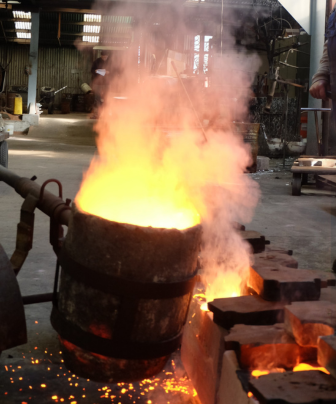Foundry Closure
As part of our restructuring, we regret to inform you that our foundry operations have now closed. This change impacts customers with stored foundry patterns.

If you’re interested in purchasing any of our patterns, please reach out to [email protected]
